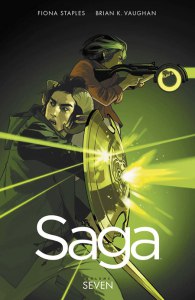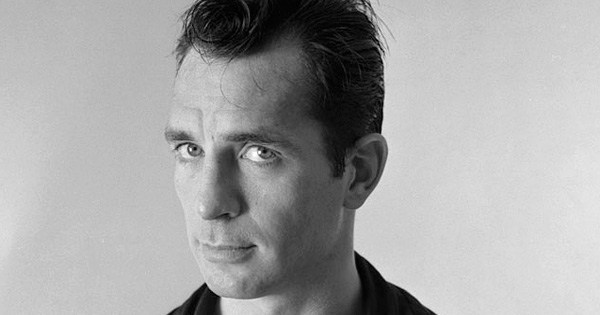Today I am trying something a little different. Awhile back I reviewed the first three books in the Vlad Taltos series, starting with Jhereg, by Steven Brust. I enjoyed the books a bunch, so much so that I have continued and read nine of the sequels. It is difficult and repetitive for me to post reviews of each of those sequels, so when reading large series like this I hardly ever do. On the other hand, I have invested a lot of time and energy into nine books to not say anything about them, and I have some thoughts on my journey so far. As such I thought I should do a series check-in and give you some general spoiler free thoughts as to if Vlad Taltos is worth your time. I will let you know that I just finished the ninth (sorta) book in the series, Dragon, and that all of these thoughts are from those nine books.

If you missed my first review, Vlad Taltos is planned to be a roughly 17 book series (with 14 of the books out so far). The book follows the stories of a human assassin named Vlad working in the Dragaeran (sorta like elves) empire where he is a constant outsider. The empire is broken down into 17 houses and each book in the series both showcases one of the houses, indicated by the titles, and slowly builds the story of Vlad and his companions. The difficulty with big series like this is that they inherently have slower (but usually better) character development as the stories are almost always about the growth and change of a character over a large number of books. This has both benefits, like that you grow very attached and invested in the cast, and drawbacks, such as the initial books in the series often aren’t that engaging. When I finished Jhereg I was lukewarm on Vlad because while I thought his character was amusing and fun, he had some tendencies that made him seem like he was trying to be a badass all the time and constantly falling short. What felt like awkward character writing at the start of the story has revealed itself to be intentional character flaws and long term character development. Speaking of characters, when I initially started this series (and for the first three books really) I assumed that this was a story solely about Vlad. However, the more that I read the more I realize that it is really about his relationships with the people around him and learning to find companionship and love in a world where both are culturally looked down on and where one is an outsider. It is a wonderful theme, and as I have learned more about Vlad’s friends and family, they have steadily moved from fond acquaintances to close friends.
While the characters are certainly the series’ driving force, the plot becomes surprisingly nuanced and captivating as well. Brust published the books out of chronological order, which results in the timelines of the stories being an absolute mess. This is one of my biggest pet peeves in big series because I feel it prevents a meaningful linear storyline from developing. While I still wish that Vlad Taltos was chronological, Brust is a master of information manipulation and has written his series so that even though the books aren’t in the order they happened you have this sense of a growing body of knowledge. An example of this is I just read the third book chronologically, but the ninth in publishing order. While none of the events that happen in this book can effect what is happening in the current timeline (or rather, the furthest point in time chronologically), I am learning information and twists from the third book that greatly alter my understanding of what is happening in the ninth. You realize quickly that the details matter and that the closer you pay attention to the little things in the book the more you will be rewarded. This keeps you on your toes as you read and does a great deal to keep the books feeling fresh.
Speaking of keeping things fresh, when I finished the first few books I was a little worried that the series might fatigue me as they share a lot of similarities. Brust relieves this by beginning to drastically change the style of his narration and storytelling in each book. Each house in the Dragaeran Empire gets its name from different animals they were genetically altered with, and the qualities of that animal they embody. The translations from animal to behavior to cultural values are not always intuitive (especially when some of the animals are original to Brust), but they are all definitely distinct. As such, the story of each book reflects the house it is about. In the last three books I have read one was on self discovery that was deeply philosophical, one that was a murder mystery, and military adventure about a civil war. Each of these books did a great job of teaching me about their respective houses, adding to the collective plot, and changing up Brusts formula to keep me from being even slightly fatigued.
When I read a series that has 10+ books, it can sometimes be hard to distinguish if I like the books or if I am just mentally trying to justify the amount of time that I have sunk into them. With Vlad Taltos I can safely say it is the former, and I have found myself changing up my reading schedule to read ‘just one more Vlad book’. While I was lukewarm about Jhereg, the more time I have spend with Vlad and his friends, the higher my passion for the series has risen. I have definitely started to see why some consider this one of the best fantasy series of all time, and I recommend you dig in and see for yourself.
Advertisements Share this:





